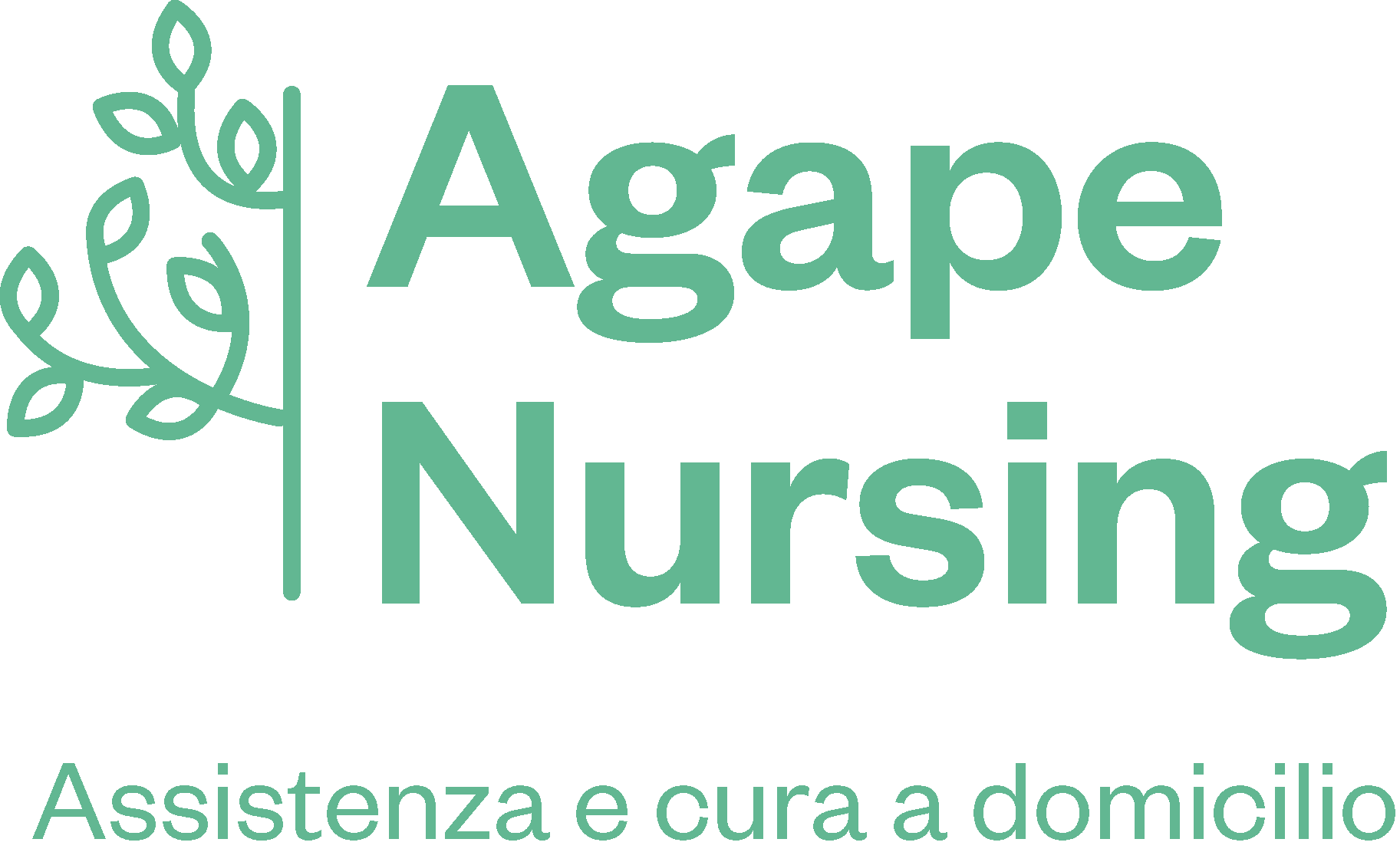- Quick navigation
- Home
- Open menu
- Page content
- Customer service
- Search
- Footer

Agape Nursing: close to you, every day!
The key is our name:
Why AGAPE? – in ancient Greek, the term refers to an immeasurable love of universal care.
Why NURSING? – from English, it refers to the practice of care that focuses on the bio-psycho-social well-being of the person, rather than the illness itself.
Our home care service, with its qualified, motivated, and continuously improving staff, offers those in need and their families quality of life, daily well-being, healthcare, and end-of-life care, respecting individual needs.
We also offer an innovative service that promotes the independence of elderly people and those with bio-psycho-social difficulties so that they can remain in their own homes.
Nursing care has evolved over a long period of time. In the modern era, training pays particular attention to the history of nursing, as it seeks to use and develop theoretical models for its practice. Conceptual models of nursing care generate knowledge that improves practice and guides research. The profession has gradually developed its own body of knowledge.
The conceptual evolution of nursing has also incorporated theories from non-nursing sources, including theories of systems, human needs, change, problem solving, and decision making, thus leading to the formation of a body of knowledge based on scientific evidence, supported by thousands of studies in all areas of nursing, which today shapes the new nursing professional.
The rational organization of care provided by nurses is geared towards responding to both general and more specific needs of sick people, healthy people, or even those at the end of life (Henderson).
For those who identify care as a logical-systematic process, we find the following common elements:
- Assessment: the process of systematically collecting data. The purpose of this first phase is to describe, as comprehensively as possible, the clinical and personal details of the patient being cared for, defining their overall situation as accurately as possible (holistic view of the patient).
- Diagnosis: interpretation of the data from the assessment based on guiding hypotheses, evaluating the patient's needs and drawing a final conclusion.
- Planning: development of objectives and interventions aimed at improving the patient's socio-psycho-physiological health (well-being).
- Implementation: putting the care plan into action through planned nursing interventions.
- Evaluation: determination of the patient's response to nursing interventions and the degree of success in achieving the objectives.
The tool that allows us to analyze, investigate, and highlight the needs, limitations, and resources of patients is the RAI-HC; it allows us to carry out a multidimensional assessment that is scientifically validated and internationally recognized.
Gallery (3)
Opening times
- Monday8:30 to 17:00
- Tuesday8:30 to 17:00
- Wednesday8:30 to 17:00
- Thursday8:30 to 17:00
- Friday8:30 to 17:00
- SaturdayClosed
- SundayClosed
Ufficio informazioni dal lunedì al venerdì dalle 09.00 alle 17.00
Opening times
- Monday8:30 to 17:00
- Tuesday8:30 to 17:00
- Wednesday8:30 to 17:00
- Thursday8:30 to 17:00
- Friday8:30 to 17:00
- SaturdayClosed
- SundayClosed
Ufficio informazioni dal lunedì al venerdì dalle 09.00 alle 17.00
- Telephone:Numero ufficio
- E-Mail:
- Mobile:Raggiungibile 24/7
- WhatsApp:Raggiungibile 24/7
- Website:
Reviews for Agape Nursing Sagl
- Croatian,English,French,German,Italian,Spanish
- Spitex home care
- By telephone,Free consulting,On the customer’s premises
- Close to public transport,Close to train station,In old town,Parking site,Wheelchair-accessible,Wheelchair-accessible parking
- Emergency care situations
- Basic care,Household assistance,Patient and family counseling,Spitex emergency call,Spitex palliative care
- Bill
- Categories
- SpitexHome health careOutpatient services